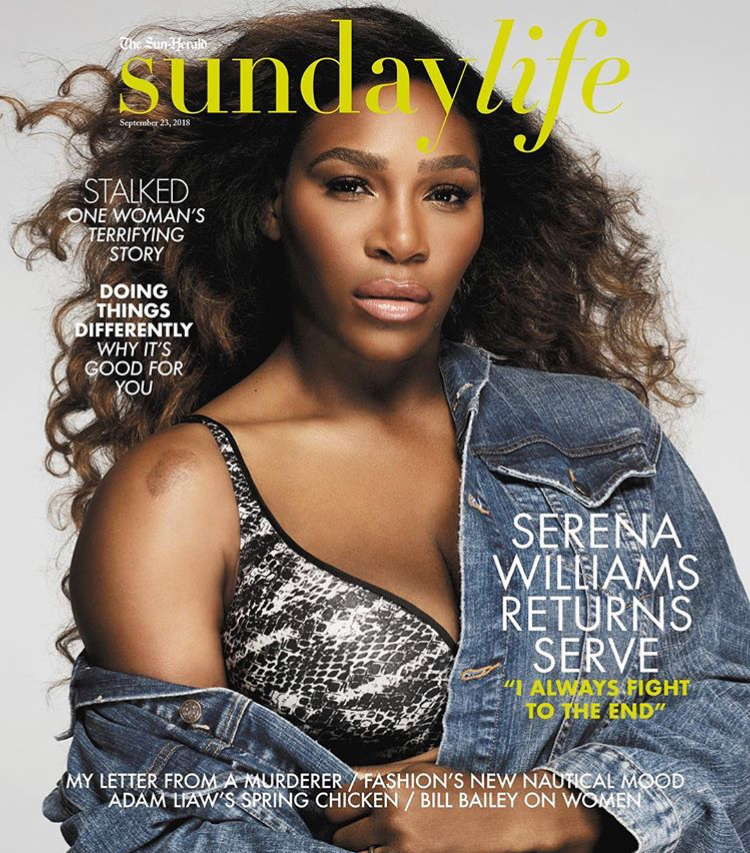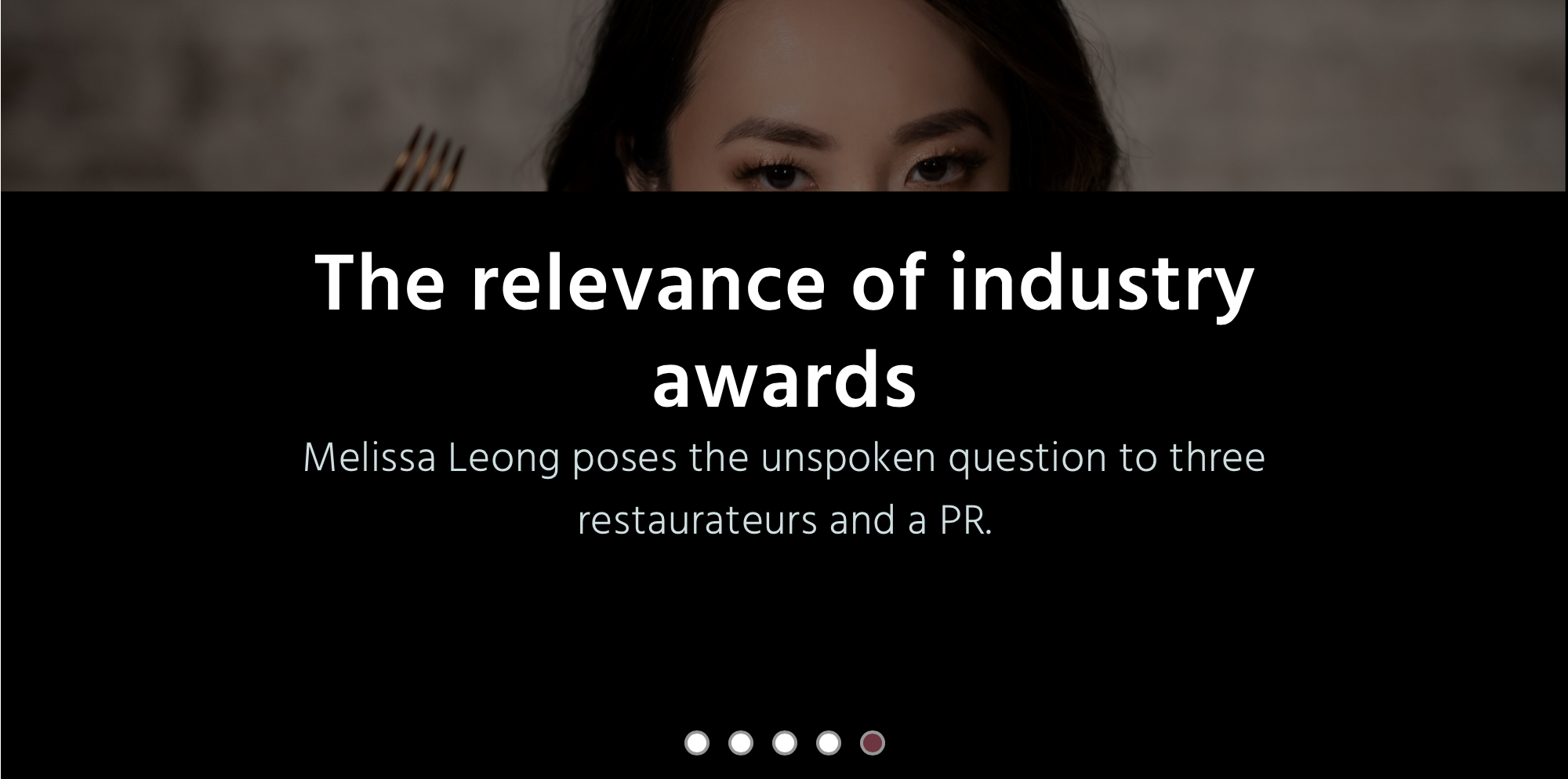Long before food bloggers were a café constant and snap-happy diners ’grammed every dish, there existed a breed of witty, well-fed writers who took our imaginations – and taste buds – on delicious journeys. These were the food writers of yesteryear: the M.F.K. Fishers and Jeffrey Steingartens of the world; the ones who paired journalistic integrity with gastronomic know-how, eating for all of us via their pithy prose.
Things have changed considerably since those arguably golden days. The democratisation of dining means that many of us, at least in the West, can eat at establishments once reserved for the rich and the restaurant critics. Not only that, we can write about our eating experiences, too: tell our pals on Facebook; make others envious on Instagram; and publish ‘musings’ on our sharply designed blog because, like, everybody needs a web presence.
Thankfully, the situation’s not thatbleak. Beneath the filters, facades and curious grammar choices lies an assembly of real-deal food writers.
One of them is Melissa Leong.
If you don’t know her name, that’s because this lady lives behind the pen. She co-writes and edits cookbooks with Aussie chefs (Dan Hong included), contributes regularly to magazines, and consults with food businesses, taking them from good to great. In a time where quality journalists are over-worked and under-paid, Melissa has created her own opportunities and a unique niche. But just because she’s a ‘slashie’ doesn’t mean she’ll do a second-rate job – quite the opposite. Melissa dives head first into eating, writing and travelling.
Shortly before heading on her honeymoon with newlywed husband – and Time Out’s 2017 Bartender of the Year – Joe Jones, we chatted to The Chefs’ Line judge about filming the series, freelancing in food, and eating with abandon. Here’s what she had to say:
On The Chefs’ Line:
I had an amazing time shooting the series. It was a brand new experience for me but what I loved about it was that both the home cooks and the chefs brought so much passion for the cuisine they cooked. And that kind of enthusiasm is so infectious!
On the other judges:
I’ve known Dan for number of years, we even wrote a book together. I enjoy his tremendous work ethic and family values. He honours what he’s learnt from his mother and generations of Vietnamese heritage and applies that in a technical capacity. Dan has a lot of fun with everything, but he also has extreme determination – young chefs can learn a lot from him.
Where Mark is concerned, I have such admiration for how he operates as a human being. He’s very kind and nurturing to the people around him. To me, in an industry that’s sensationalised for having people who champion an ego-driven approach, here are two chefs who are all about working hard and making sure they lead by example.
On choosing a ‘favourite’ cuisine:
We are such a multicultural nation, and I’ve grown up with parents who love food from all parts of the world so to pick a favourite is like asking what your favourite band is. I love all of them. I love Middle Eastern, I love Mediterranean and I love Asian. To even say that is difficult because there’s so much diversity, nuance and specificity in each country.
"The casualisation of fine dining has allowed everyone to feel comfortable, but at the same time you do sacrifice a sense of occasion."
On eating out in Australia:
Fast casual is a wonderful way to eat. The casualisation of fine dining has allowed everyone to feel comfortable, but at the same time you do sacrifice a sense of occasion. I’d like to see a return to old-school values, classic service and the old-world glamour of what dining – going out – is supposed to be. I think we miss that a little bit, but it will be changed over the next little while with restaurants like Hubert opening up in Sydney and Melbourne.
"Just because you have a stomach and a laptop doesn’t make you a writer, publisher or editor.
On food writing as a career:
First and foremost, if you want to be a good writer, you need to be a good eater. You need to be fearless when it comes to eating, you can’t show predilections or bias. You need to understand that your palate is the palate that communicates to an audience who have different tastes from you. You need to eat voraciously and sometimes that can be to the detriment of your health.
Second of all, you need to earn your place in this very competitive industry. Just because you have a stomach and a laptop doesn’t make you a writer, publisher or editor. What makes you those things is hard work, and a relationship with publications that will nurture and shape you. I think in an age where we do things all by ourselves, it’s very easy to claim status that isn’t earned. There are a lot of people out there who think that because they’ve done a season of a reality show, that makes them an editor, or because they have a blog that makes them a publisher. It’s a wonderful start, but in order to really be a writer you need to pull that thread and you need to earn it.
" ...if you want to be a good writer, you need to be a good eater."
On social media quandaries:
I think ethics are really important, especially where social media is concerned. There’s a really muddy area – it’s often unclear as to whether things are sponsored or given. For me, [it’s about] going back to old-school journalistic ethics and clarity, hard work and attention to detail, fact-checking and grammar – god forbid grammar. These things sound really basic, but they’re sorely lacking in this industry sometimes.
On America’s fast-paced food scene:
I have spent a lot of time in L.A. It’s sort of like my third home – Sydney, rural Tasmania and then L.A. I love the cultural diversity of the place. There’s such a strong Mexican theme. I’m always excited to see what I’ve missed in 12 months of not being there. It’s the same with New York. My friend [ex- Ms. G’s chef] Paul Donnelly recently opened Chinese Tuxedo, which just had its first NYT review, so I’m really excited to go there and support him.





























